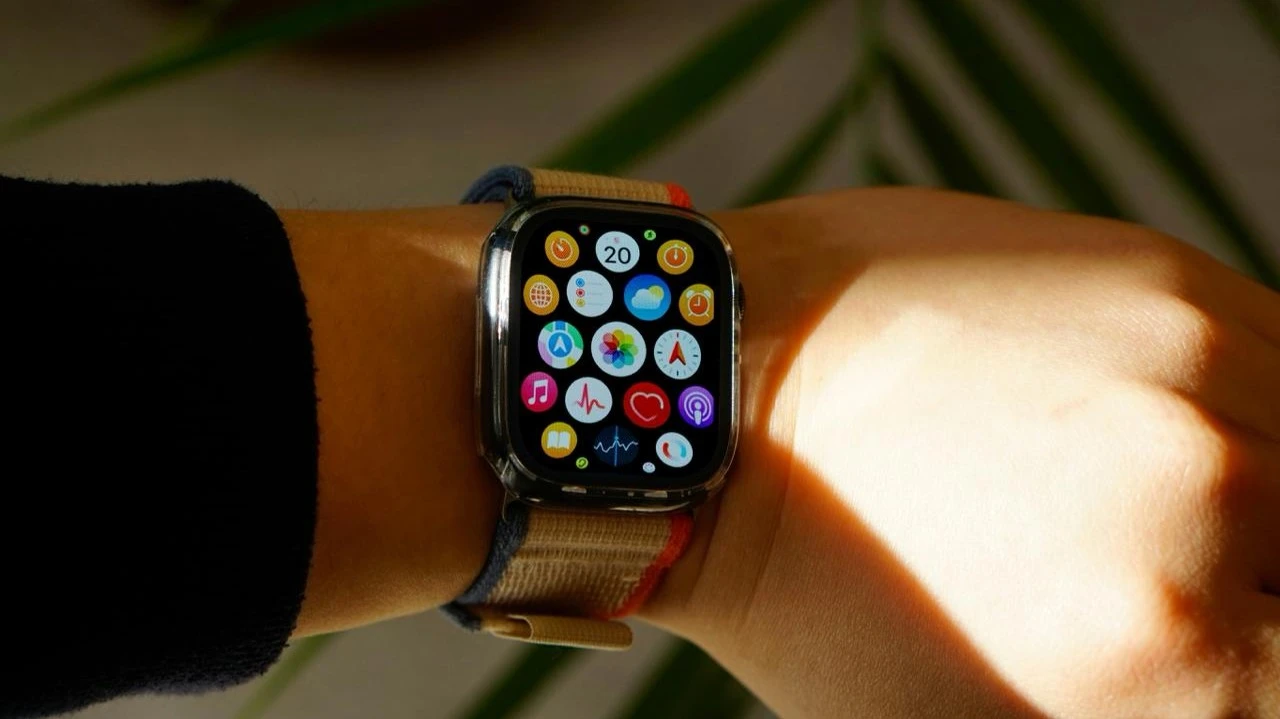A key Apple executive leaves at a difficult moment. Should investors be worried?
He was seen as a potential successor to Tim Cook and played a key role in the Apple Watch project

Apple Chief Operating Officer Jeff Williams, for years considered the second man at the company and a possible successor to CEO Tim Cook, is stepping down. This is significant personnel news amid a challenging period for Apple, which is facing rising costs due to duties, falling iPhone sales and falling behind competitors in AI. What does the departure of one of the company's "veteran" employees mean for investors?
Details
Apple Chief Operating Officer Jeff Williams will step down in July and leave the company permanently by the end of the year, Apple announced. Until then, he will continue to oversee the design team and health projects like the Apple Watch and the Health ecosystem;
Williams joined Apple in 1998 and became chief operating officer in 2015. He was also responsible for the engineering development of the Apple Watch and led the design direction. He built a massive global supply chain that produces hundreds of millions of devices each year. Williams was Apple CEO Tim Cook's right-hand man for more than a decade and was even considered as his possible successor. He is considered a key strategist at the company - and his departure will be one of the most significant personnel events in Apple's history, notes MarketWatch.
"Jeff's contributions to Apple have been tremendous, though perhaps not always obvious to the general public," said Bloomberg former Apple vice president of operations Tony Blevins, who reported to Williams until the end of 2022. - As a shareholder, I'm frustrated. Time is taking its toll and it feels like the team is disintegrating. Jeff will be sorely missed."
What's next
Williams' post will be taken over by Sabih Khan, another "veteran" of the company, as early as July. Khan has been with Apple for 30 years, and as of 2019, he'll be joining senior management as senior vice president of operations, with responsibility for supply chain and manufacturing. He will now report directly to Cook and likely get additional areas of responsibility, including AppleCare, Bloomberg reports.
Such important personnel changes come amid a challenging period for Apple, MarketWatch emphasizes. In his new position, Khan will have to cope with a number of challenges. Apple is actively moving iPhone assembly from China to India in an attempt to reduce pressure from Donald Trump's duties. In the coming years, the company will likely continue to move production outside of China and introduce automation. At the same time, regulatory pressure is mounting, with Apple in the European Union forced to review its App Store rules and an antitrust lawsuit filed in the U.S. that could derail a multi-billion dollar deal with Google. In his new role, Sabih Khan will also be more deeply involved in AI issues: this week, Apple's top AI modeler moved to Meta, and the company is considering working with outside developers to strengthen its technology.
What is important for an investor
Sabih Khan has a long tenure at Apple, including six years as head of supply chain. He was responsible for planning, purchasing, logistics and other key processes - especially important today as the company faces unpredictable trade policies from the Donald Trump administration, MarketWatch notes. Given his extensive experience in this area, Wall Street isn't expecting dramatic strategic changes at Apple. Especially since Cook himself took over as Apple's CEO after working in the company's operations unit. Until 2011, he served as chief operating officer, earning a reputation as a master of supply chain optimization. Cook will likely continue to be personally involved in key operational decisions, MarketWatch suggests.
Khan is already effectively in charge of Apple's operations group, so the team "won't lose its way," former Apple engineer Matthew Moore told Bloomberg. He said the main concerns could come from other areas under Williams' control, including Apple Watch development and health technology.
For investors, leadership continuity is important - especially at companies with a successful past like Apple, MarketWatch writes. But a growing number of analysts say Apple needs a shakeup: its stockhas fallen 16% since the beginning of the year, posting one of the worst results among the "Magnificent Seven" companies. Amid the explosive growth of AI technology, investors are concerned about whether Apple can stay afloat and competitive in the AI era.
This article was AI-translated and verified by a human editor
